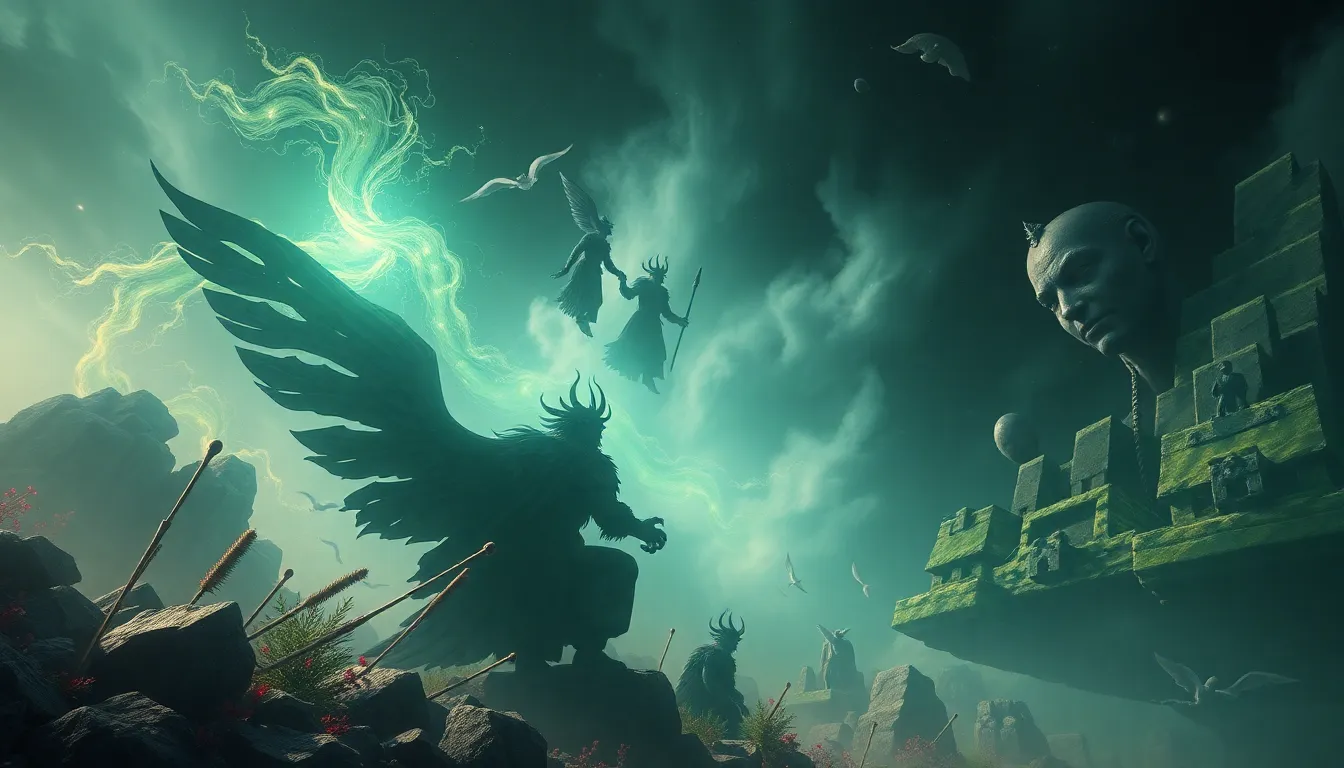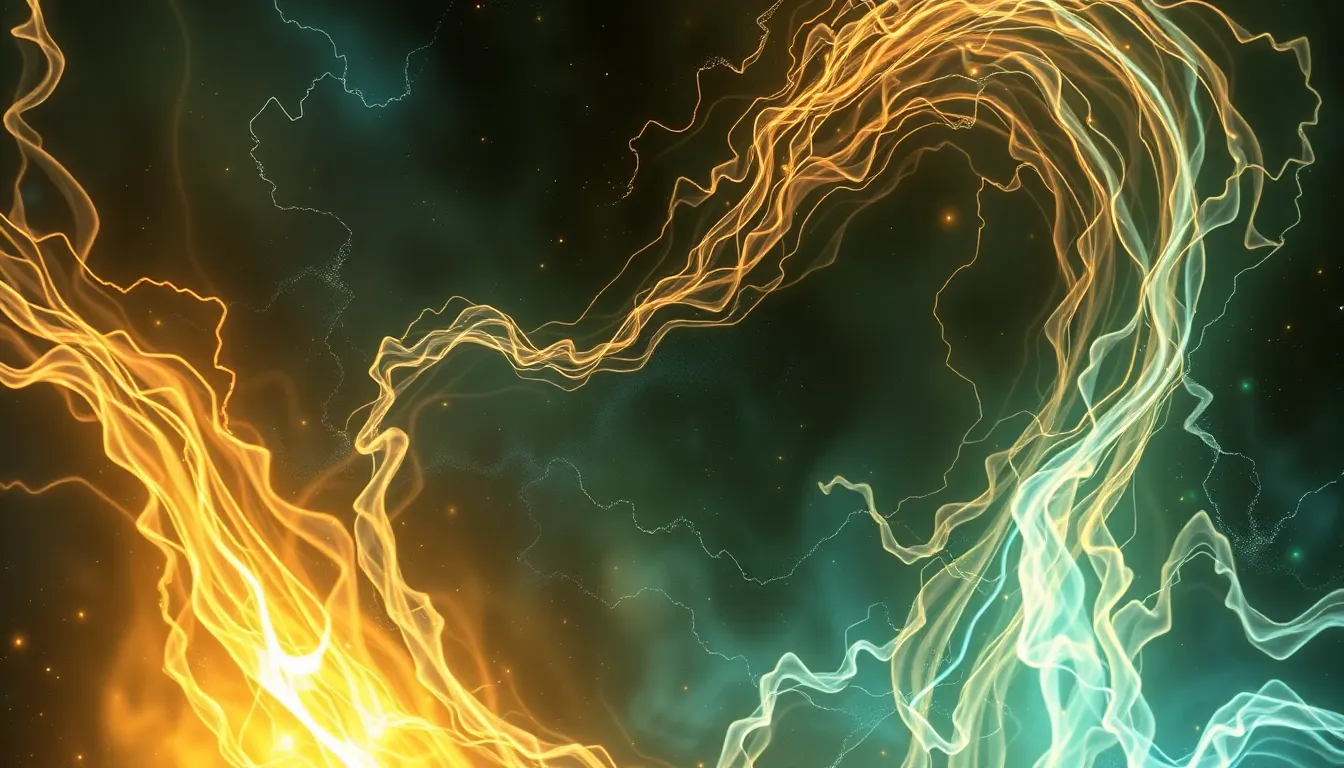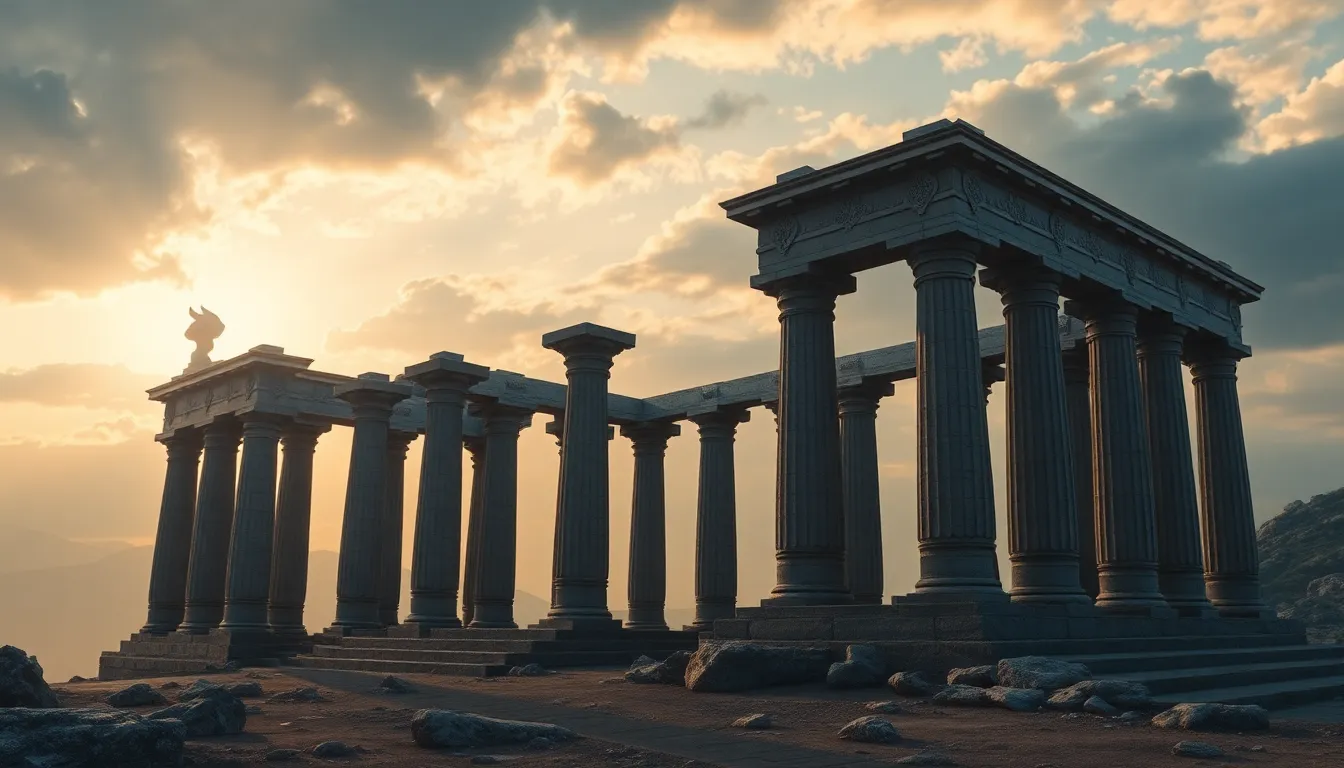The Fascinating World of Cultural Hero Myths
I. Introduction to Cultural Hero Myths
Cultural hero myths are narratives that celebrate figures who embody the ideals, values, and struggles of a particular society. These myths often reflect the cultural identity and historical circumstances of the people who tell them.
The importance of hero myths in human societies cannot be overstated; they serve as a means of understanding the human experience, teaching moral lessons, and providing role models for conduct and aspiration. Through hero myths, societies can convey messages about bravery, sacrifice, and the complexities of human emotions.
This article will explore the origins of hero myths, common themes, regional variations, their psychological impact, and their role in modern culture, alongside iconic case studies and their evolution in the digital age.
II. The Origins of Hero Myths
The origins of hero myths can be traced back to historical contexts where early civilizations sought to explain the world around them. These narratives often emerged from the experiences of communities facing existential challenges, whether through war, natural disasters, or moral dilemmas.
Oral traditions played a crucial role in myth-making. Before written language, societies relied on storytelling to pass down their histories and values. As these stories were shared across generations, they evolved, adapting to the changing contexts of the societies that told them.
Geography and environment also influenced hero narratives. For example, a society located near mountains might develop myths featuring heroes who conquer peaks, while coastal cultures might celebrate sea voyagers and explorers.
III. Common Themes in Hero Myths
Despite the vast diversity of hero myths, several common themes recur across different cultures:
- The hero’s journey: This archetypal narrative structure often involves stages such as the call to adventure, trials, and eventual return. Heroes typically undergo significant personal growth along the way.
- The mentor figure: Often, heroes encounter a wise mentor who guides them, offering wisdom and knowledge crucial for their quest. This relationship is pivotal in shaping the hero’s character and decisions.
- The battle between good and evil: A prevalent theme in hero myths is the struggle against malevolent forces. Heroes often embody virtues that contrast with the evil they confront, reinforcing societal values.
IV. Regional Variations of Hero Myths
Hero myths vary significantly across different cultures, reflecting local traditions and values:
- European hero myths: Figures like Beowulf and King Arthur represent ideals of bravery and nobility, often set against the backdrop of battles for honor and kingdom.
- Asian hero myths: Characters such as Sun Wukong from “Journey to the West” and the heroic figures in the “Ramayana” showcase themes of loyalty, righteousness, and the battle against evil forces.
- African hero myths: Stories of Anansi the spider, known for his cleverness, and Sundiata, the legendary founder of the Mali Empire, highlight the values of wit and perseverance.
- Indigenous hero myths: Figures like Coyote and the Trickster character often embody duality, teaching lessons through their mischief and wisdom.
V. The Psychological Impact of Hero Myths
Carl Jung’s concept of the collective unconscious suggests that hero myths resonate with universal human experiences and archetypes. These narratives can reflect the deeper desires, fears, and values of society, allowing individuals to connect with something greater than themselves.
Hero myths often serve as mirrors of societal values and norms, helping to reinforce or challenge them. They provide frameworks for understanding identity, morality, and community belonging.
On a personal level, individuals may draw inspiration from hero myths, shaping their aspirations and identity. Heroes can serve as role models, guiding people in their pursuit of personal growth and social contribution.
VI. The Role of Hero Myths in Modern Culture
Hero myths have adapted into modern literature, film, and media, reflecting contemporary values while retaining core themes. Adaptations often reinterpret classic myths, making them relevant to current societal issues.
Popular culture is heavily influenced by these narratives, with superheroes in comics and movies embodying the age-old battle of good versus evil. These characters often take on new forms, addressing modern challenges while resonating with timeless qualities.
In contemporary society, reinterpretations of hero myths challenge traditional notions of heroism, exploring diverse perspectives and emphasizing inclusivity.
VII. Case Studies of Iconic Cultural Heroes
Some cultural heroes have become iconic figures in their respective narratives:
- Hercules: In Greek mythology, Hercules represents not only physical strength but also the virtue of perseverance through his Twelve Labors.
- Mulan: This Chinese heroine defies gender roles to save her father and her country, reflecting themes of courage and honor.
- Nelson Mandela: A modern hero myth, Mandela’s journey from prisoner to president symbolizes resilience and the fight against oppression.
VIII. The Evolution of Hero Myths in the Digital Age
The digital age has transformed the way hero myths are created and shared. Social media platforms allow for rapid dissemination of stories and the emergence of new hero narratives.
Online communities often engage in collaborative storytelling, generating new interpretations of existing myths or creating entirely new heroes. The accessibility of these platforms democratizes myth-making, allowing for diverse voices to be heard.
The rise of anti-heroes and flawed characters reflects a cultural shift, emphasizing complexity and showcasing that heroism is not always black and white.
IX. The Future of Cultural Hero Myths
Emerging themes in global hero narratives include environmentalism, social justice, and inclusivity. As societies grapple with contemporary challenges, new hero figures may rise to reflect these values.
Hero myths will continue to hold relevance in a rapidly changing world, serving as a means of navigating complexities and fostering hope.
Predictions for new cultural heroes may include figures who advocate for technological advances, climate action, and social equity, embodying the spirit of the times.
X. Conclusion
Cultural hero myths play a significant role in shaping human experiences, values, and aspirations. They serve as powerful narratives that connect individuals and communities across time and space.
The enduring legacy of hero narratives highlights the importance of storytelling in understanding ourselves and our world. As we move forward, the power of these stories will continue to resonate, inspiring future generations to seek their own heroism in everyday life.



